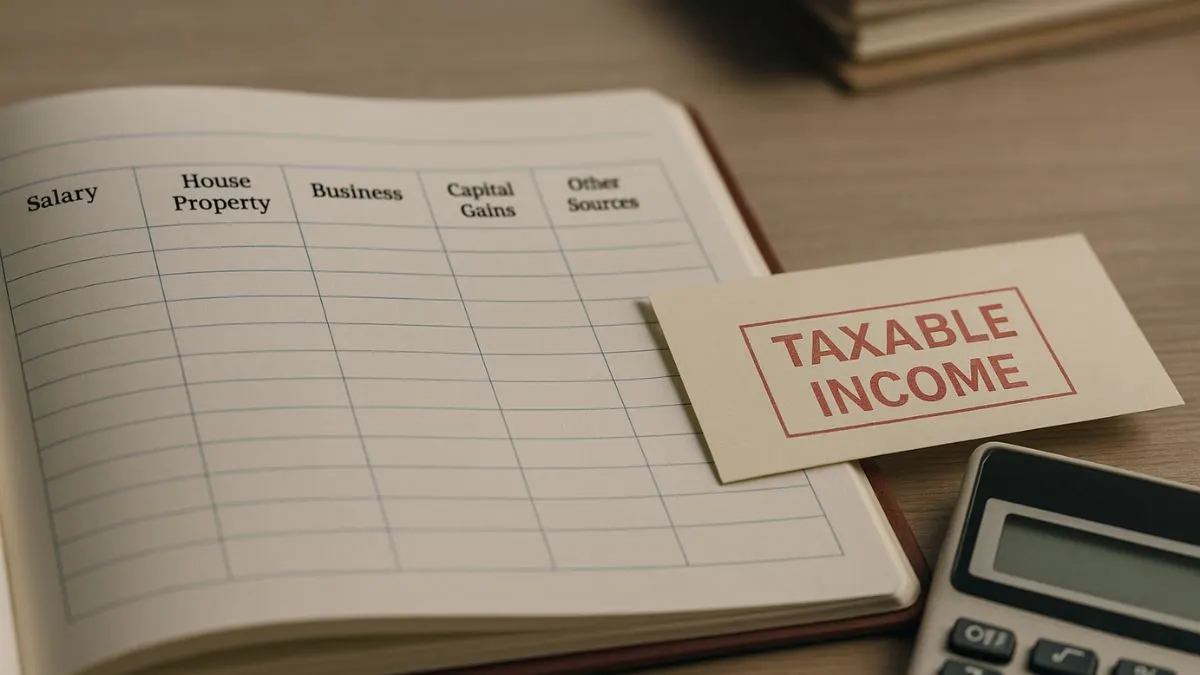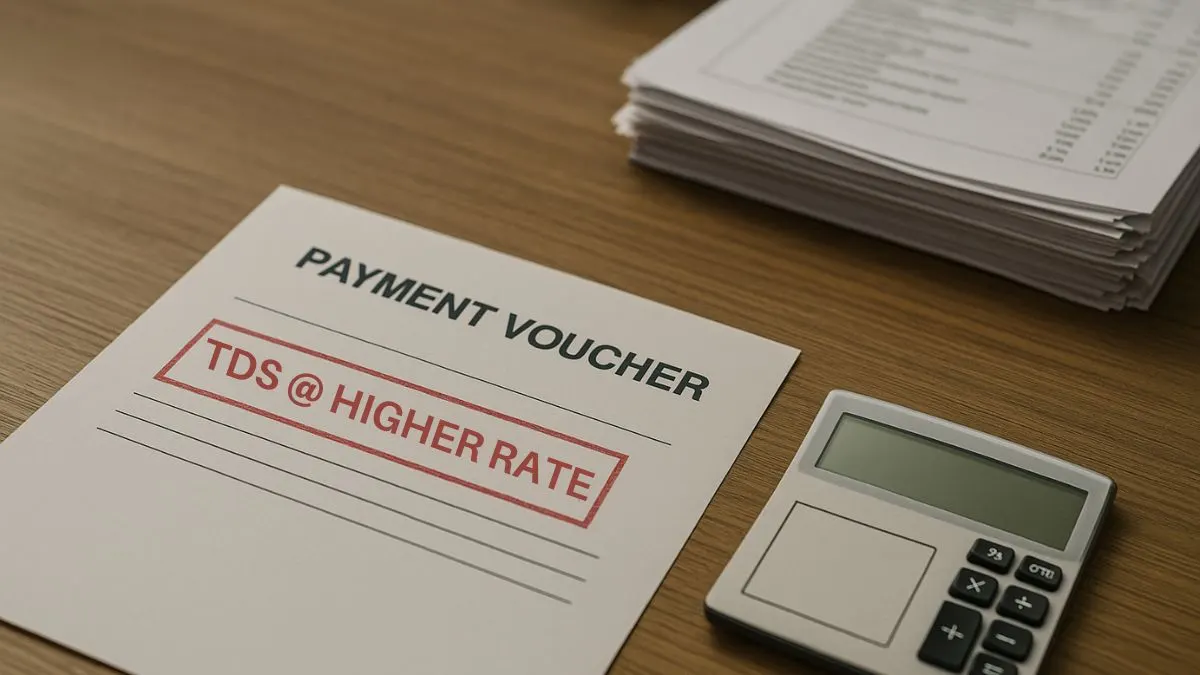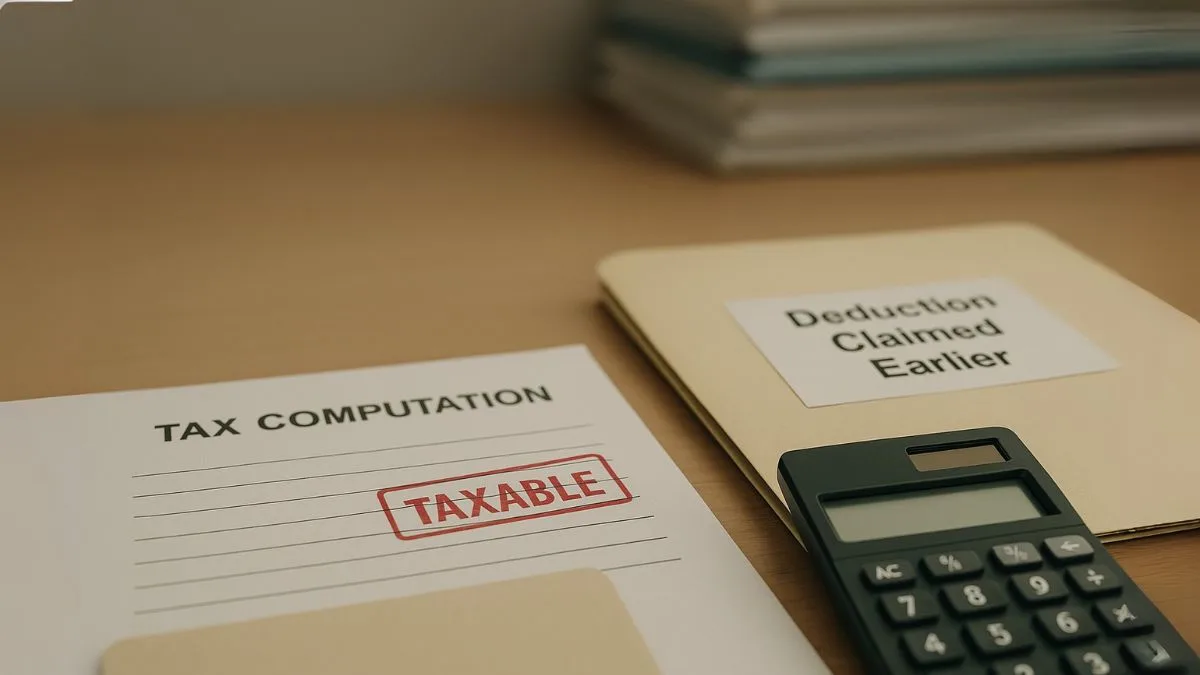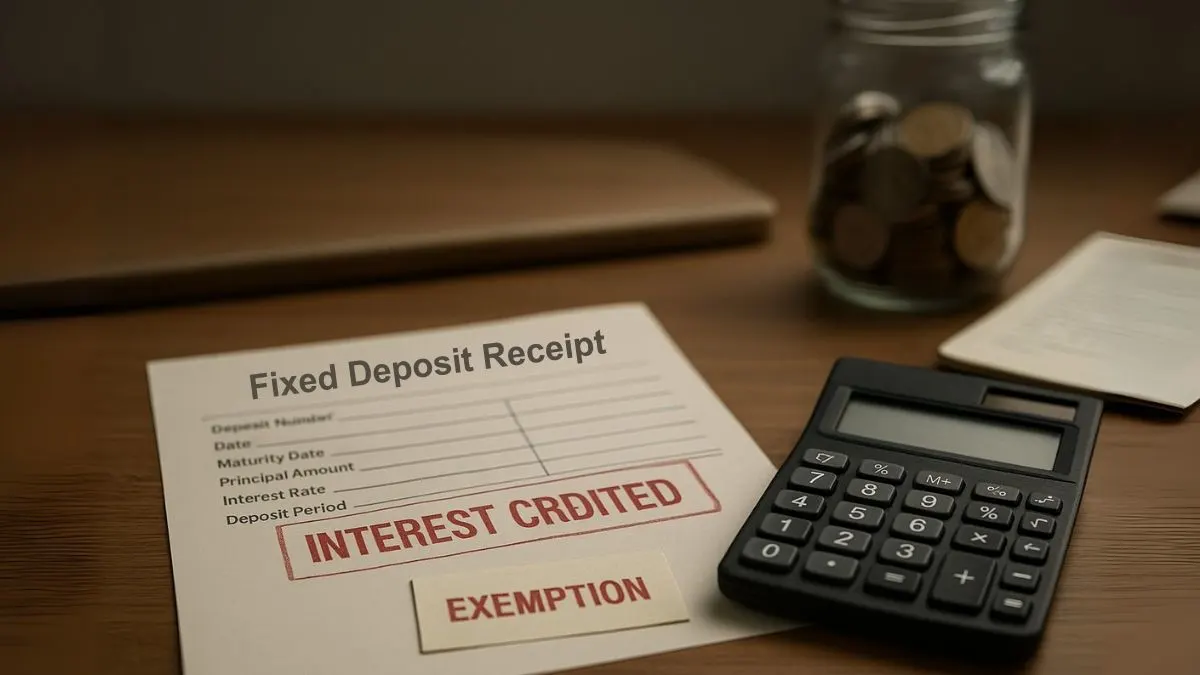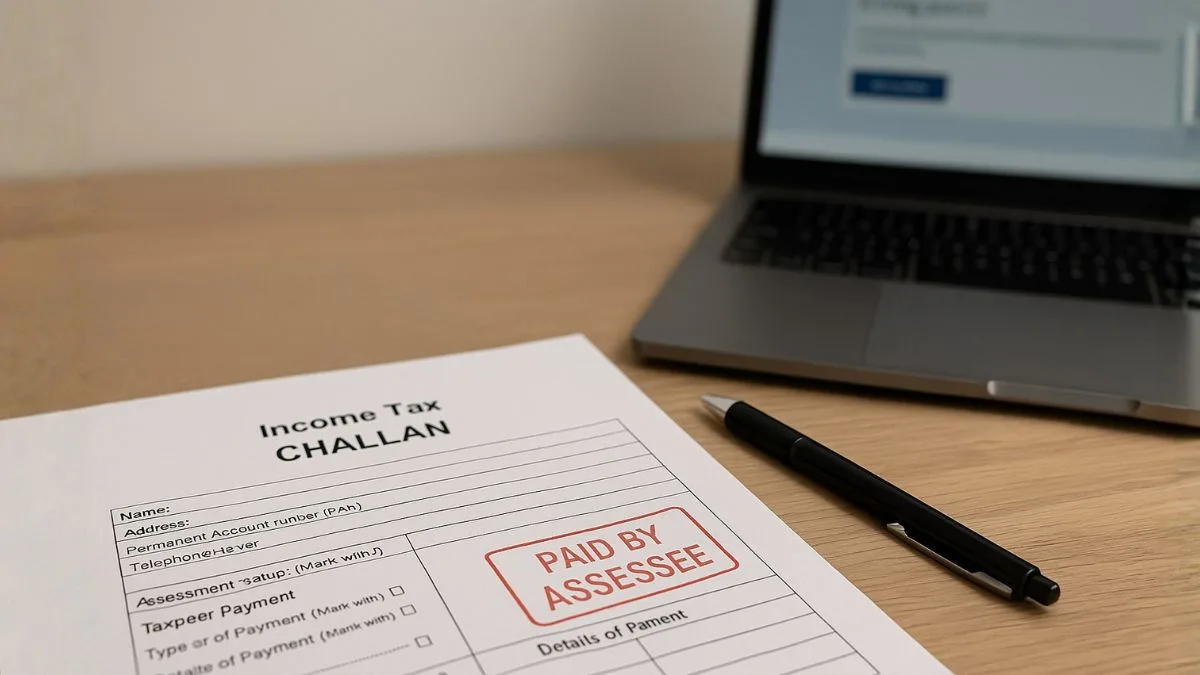
One of the most powerful control in Income Tax Planning hand of Indian Govt is “Pay as you earn”, which is administered majorly by TDS (Tax Deducted at Source) in the Indian income tax system. Yet, in cases no tax is deducted or it is deducted at lower rate.
This is where Section 191 of the Income Tax Act, 1961 comes in useful.
Section 191 is there to make sure that the tax on income is not left unassessed just because TDS wasn’t made. It imposes the liability to pay tax by the assessee himself in such cases. Put another way, the responsibility for the tax still remains on the recipient of income despite TDS not being deducted by the payer.
Interpreting Section 191 of the Income Tax Act
Section 191 provides:
“Where no provision is made under this Chapter for deducting income-tax at the time of payment then in any case to which this Chapter does not apply, income-tax thereon shall be payable by the assessee direct.”
This implies that in cases where the tax is not deducted at source or where it is so deducted but not required to be done, the assessee shall have tax paid on such income. In this way the Government is assured of either deducting its taxes or receiving direct payment.
✅ In case TDS not deducted, the onus moves to the taxpayer.
So, if the payer (an employer or a company) does not cut TDS, the payee cannot evade tax liability even in that case (employee/investor/professional)."
Example:
If the employee receives salary after no TDS, then he is liable to pay tax by way of advance tax or self-assessment tax under Section 191.
Scope of Section 191
Section 191 encompasses all types of income, according to the following:
- TDS provisions do not get attracted under Chapter XVII-B, or
- TDS deducted but not claimed, or
- TDS deducted but not deposited in Government account.
So, Section 191 ensures that no income goes untaxed even if TDS was not properly adhered to.
Also Read: TDS on Professional & Technical Services
Section 191 and Theory of TDS
The Income Tax Act uses TDS as a major tool for collection of tax on the basis of pay as you earn. But what if TDS is missed?
Example:
A company pays ₹6 lakh in a financial year to a consultant without deduction of TDS under Section 194J.
At the time of assessment, the consultant will have to pay income tax on ₹6 lakh under Section 191.
So, Section 191 is a fail-safe for the Government — you have to pay tax whether or not TDS is deducted.
Example 1 – Salary Income
If an employer does not deduct TDS from salary of employees, he is in default.
Section 191 makes it clear that the employee has to pay the tax due directly, even if there are no TDS entries in Form 16.
Example 2 – Interest Income
If a bank fails to deduct TDS on interest on FD when it exceeds ₹40,000, the depositor must include that in their total income & pay tax.
Even if TDS was missed, the liability of depositor sustains under Section 191.
Illustration 3 – Tax on Recognised Provident Fund
A special case under Section 191 is tax on accumulated balance of recognised provident fund.
If an employee withdraws PF before 5 years of continuous service, the accumulated balance becomes taxable, and income-tax will be payable by the assessee direct under Section 191.
Connectivity between Section 192 to Section 196D
Various TDS provisions — salary, interest, rent, commission — are dealt with in Sections 192–196D.
But Section 191 is the catch-all provision — it applies when:
- TDS is overlooked, or
- The payer fails to follow TDS norms.
It seals any gap in tax collection.
Also Read: The Tax-Free Edge of Provident Fund Withdrawals
Practical Importance of Section 191
Section 191 is used frequently during income tax assessments, especially when Form 26AS doesn’t match actual reported income.
Key implications:
- Even if your employer or payer doesn’t deduct TDS, you are still liable.
- You must compute & pay total tax liability."
- You can only claim credit for tax actually paid, not for missed deductions.
Judicial Viewpoint
- Courts have long maintained that the taxpayer is primarily responsible for paying tax.
- TDS is only a method of collection, and non-deduction by deductor does not exonerate the deductee.
Key Case:
ITO vs. Titagarh Steels Ltd. – Non-deduction of TDS does not absolve the assessee from tax liability; it only alters the mode of collection.
This reinforces that Section 191 guarantees accountability, not punishment.
Tax on Accumulated Balance of Recognised Provident Fund
- A unique case under Section 191 – tax on accumulated balance in a recognised provident fund (RPF).
- If an employee withdraws before completing 5 years of continuous service, exemption under Section 10(12) is withdrawn.
- The withdrawn amount becomes taxable, & employee pays tax directly under Section 191.
Tax on Specified Security or Sweat Equity Shares
Another case under Section 191 – tax on specified security or sweat equity shares.
When employees receive ESOPs or equity-linked incentives and employer doesn’t deduct TDS, the employee must pay tax directly under Section 191.
Also Read: Interest on Default in Advance Tax Instalments
Advance Tax and Self-Assessment Tax
When tax is not withheld at source, the taxpayer must pay via:
- Advance Tax (Sections 207–211), or
- Self-Assessment Tax (Section 140A).
Thus, Section 191 connects to other tax payment provisions in the Act.
Penal Consequences
- Although Section 191 keeps the assessee liable, it doesn’t penalize him for someone else’s default in TDS.
- But the payer can be penalized under Section 201 & Section 271C for non-deduction or non-deposit of TDS."
- Also, interest u/s 234B / 234C may apply for late payment of advance/self-assessment tax.
Section 191 – Key Takeaways
|
Aspect |
Explanation |
|
Who is liable? |
The assessee (recipient of income). |
|
When applicable? |
When TDS is not deducted or not applicable. |
|
Tax nature |
Income tax payable by assessee. |
|
Examples |
Salary without TDS, PF withdrawal, Interest, Sweat Equity. |
|
Collection method |
Section 191 of Income Tax Act – Questions & Answers
Q1. What is Section 191 of the Income Tax Act?
Under Section 191, where tax is not deducted at source, income-tax shall be payable by assessee direct.
Q2. Is Section 191 applicable to salary income?
Yes. The employee doesn’t escape tax under Section 191 if the employer fails to deduct TDS u/s 192.
Q3. What if neither employer nor worker pays?
Employer can be punished for not deducting, but employee remains liable for tax.
Also Read: Interest on Delay in Advance Tax Payments
Q4. Is Section 191 applicable when PF is withdrawn before 5 years?
Yes. The accumulated balance becomes taxable & the employee pays tax under Section 191.
Q5. What is the relation between Section 191 and Section 201?
Both deal with liability to pay tax — Section 191 for assessee, Section 201 for payer. They are interconnected.
Conclusion
If income is not taxed under Section 191 of Income Tax Act, there could be double taxation abroad or evasion domestically. It reinforces that tax on income must be paid directly by the assessee.
Be it salary, interest, provident fund withdrawal, or sweat equity, if TDS is not deducted at source, the taxpayer must pay via advance or self-assessment tax.
👉 Looking for professional assistance to calculate your direct tax liability or resolve TDS mismatches? Visit Callmyca.com – India’s trusted tax filing platform for compliance, savings, and peace of mind.

